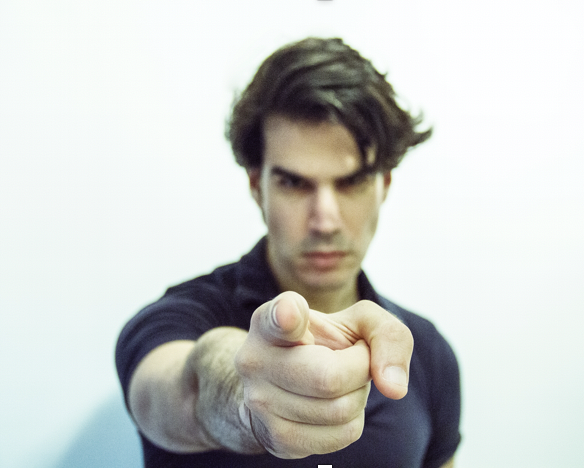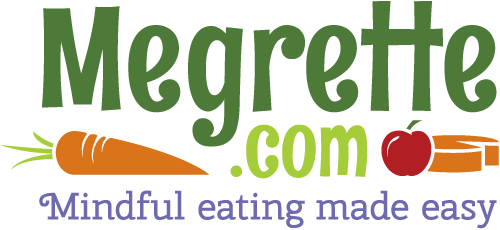We’ve all been trained in creating S.M.A.R.T goals, and if you have been following me, you know that S.M.A.R.T goals aren’t always helpful. Sometimes being too specific distracts you from identifying and refining your deeper intention. Yep, you’ve been there, and you want to keep your goals simple because simple goals provide you with a sense of freedom and autonomy that is delicious! This idea of simple, short and manageable goals begins by considering the things you aren’t going to do, also known as your ‘anti-goals’.

Channel your inner Marie Kondo
What is an ‘anti-goal’? These are things that you won’t work on to help keep you focused and minimize stress this year. For example, my counseling goal is to decrease disordered eating in my clients and my anti-goal is to not reinforce disordered behaviors. Initially, this is hard for me to imagine how I might do this because my ego jumps up and denies that I might actually be engaging in activities or behaviors that support disordered eating. However, age and experience have helped me see past my hubris and realize that I make mistakes. Using ‘The Thought Compass’ activity listed above has helped me effectively see and nonjudgmentally explore how such an error could happen.
My anti-goal is to not reinforce disordered behaviors.”
Megrette Fletcher, M.Ed., RD CDCES
Having both something to do and something to not do can keep your list short and effective. It can also help you discover things that might be impeding your goals. In the above example, what are some ways that traditional diabetes counseling might increase or reinforce disordered eating?
- When I am unaware of my weight-bias, I am more likely to reinforce disordered eating. You can’t change what you don’t know is present, so you may wonder how can I learn about weight-bias? There are many options, including using the Weight Neutral Self-Assessment (WNSA) or taking Harvard’s Implicit Biastest. I think this is the best example of an anti-goal yet!
- When I take charge of an appointment by offering unsolicited advice, I erode the confidence of my client. What are the ways I can change how information is presented at an appointment? Do I fully understand what the Righting Reflex is? Am I clear on how a counseling session looks without offering unsolicited information? Resources I created that explore this topic include a Diabetes Counseling and Educational Activities book, CPE, the WN4DC Mini-counseling course, and Discover Mindful Eating. There is huge benefit in dusting off your motivational interviewing skills and taking a course from weight neutral MINT trainers such as Dawn Clifford, Ellen Glovsky, Dana Sturtevant, Susan Dopart or Molly Kellogg
I am a champ at overdoing, so creating the intention to not get overwhelmed with my 2020 goals is also part of my process. My desire to do and be better is wonderful, but it needs permission to be realistic. Seeing the whole year as my canvas of change helps me. Next, breaking the year into quarters gives me a three-month timeline, allowing me to decide what single thing to focus on. I hold that my single goal has two parts, which, in turn, allows me to focus first on the part which can expand my knowledge and understanding. The second part is seeing how I might be reinforcing the status quo (you know, shooting myself in the foot!) There is great value in modeling personal change at an enjoyable pace because it allows me to tap into genuine empathy while decreasing my expectations. But more importantly, when I do this, I actually enjoy my life and my job – which is the ultimate win-win!

